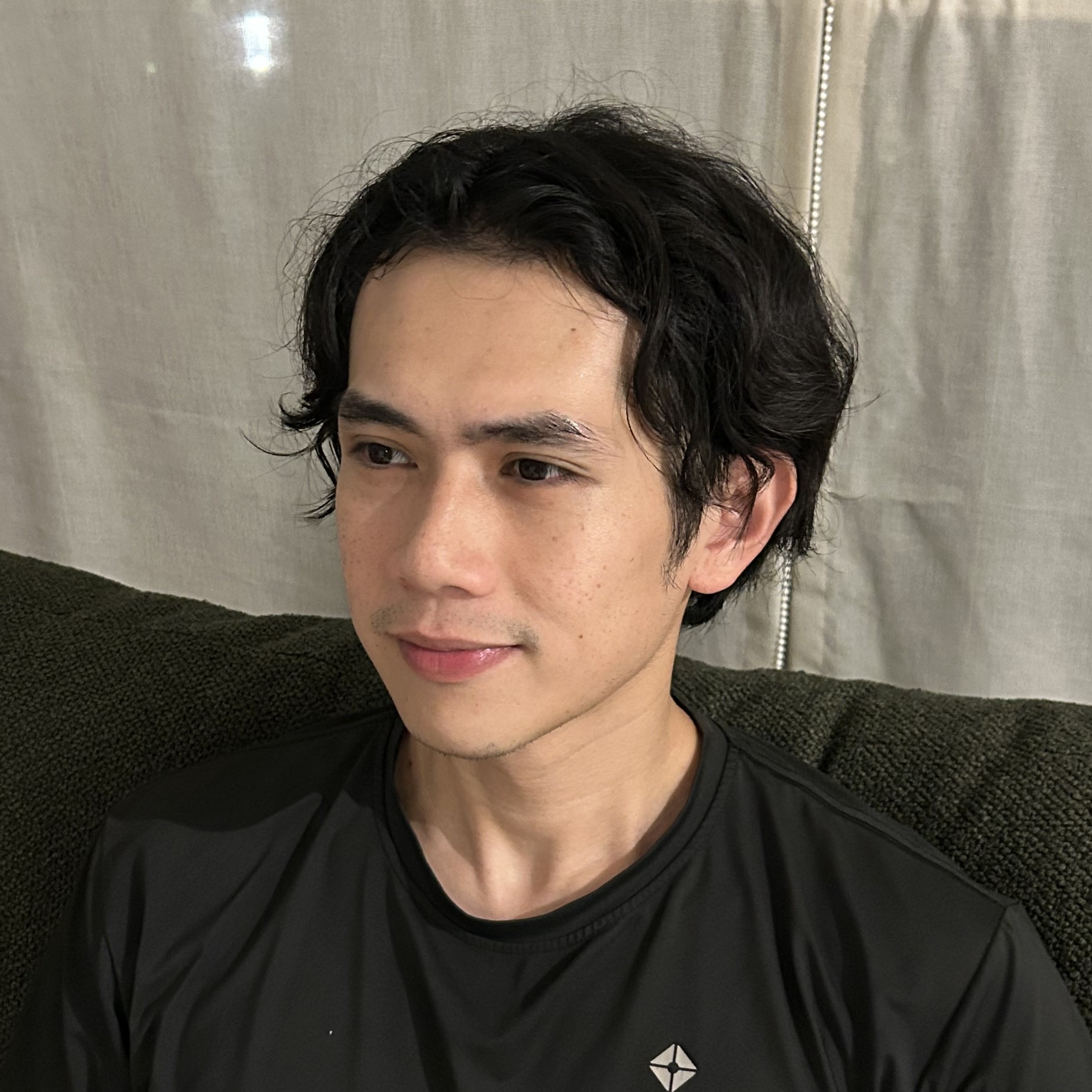Stop Trying, Start Committing
The story of Michael Phelps
He was afraid to put his face in the water. He began swimming at the age of seven simply because his mother put him in water safety. He immediately fell in love with the sport since then.
Michael Phelps is an American former competitive swimmer. With total 28 Olympic medals, he is the most decorated Olympian of all time. He won his first Olympic gold in the 400-meter individual medley at the 2004 Summer Olympics in Athens, then finished the games with the total of seven gold and two bronze medals.
Phelps also holds the all-time records for Olympic gold medals, Olympic gold medals in individual events, and Olympic medals in individual events. At the 2008 Olympic in Beijing, Phelps won eight gold medals, broke the record of seven first-place finishes at any single Olympic Games by fellow American swimmer Mark Spitz in 1972.
He then won four gold and two silver medals at the 2012 Summer Olympics in London, five gold and one silver medals at the 2016 Summer Olympics in Rio de Janeiro. This made him the most successful athlete of the Games for the fourth Olympics in a row.
The genes and the environment
Michael Phelps started to train under Coach Bob Bowman at the North Baltimore Aquatic Club at the age of 11. According to Bowman, Phelps has the perfect physique for the sports.
His long and thin torso offers low drag, his arms span 6 feet 7 inches—disproportionate to his height of 6 feet 4 inches—and act as long, propulsive paddles; his relatively short legs also reduce drag; his size-14 feet provide the effect of flippers; and his hypermobile ankles can extend beyond the pointe of a ballet dancer, enabling him to whip his feet as if they were fins for maximum thrust through the water.
At the same time, Phelps happened to train at the club that had produced many gold medalists. With Phelps’ competitive mindset and supportive family members who understand the sports, coach Bowman thinks it’s hard to see anyone like that after Phelps. In Bob Bowman’s words, “challenging Michael is a challenge by itself.”
Phelps’ rapid improvement culminated in his qualifying for the 2000 Summer Olympics at the age of 15. This made him the youngest male to make a U.S. Olympic swim team in 68 years. He did not win a medal that year, however, he did make the finals and finished fifth in the 200-meter butterfly.
The unfair advantage
Most of us get fed up. You invested a huge amount of time and effort in the preparation for the big day—your first sales presentation, a book launch, or a public speaking event—and failed at the end of the day. It’s tough for most people to take it, it’s easy for most people to lose hope and give up.
But not Michael Phelps.
After the 2000 Summer Olympics, he became more determined. In an interview before the 2004 Summer Olympics, Phelps uncover how they (the U.S. Olympics team) trained for the games.
They were training 7 days a week, 365 days a year. They were training in Christmas Day and Thanksgiving Day. For Phelps, everyone wants to break the world’s record and win the gold medal when gets into the water, but most of the time it’s not going to happen. You can’t say you want to break the record and get straight in the pool without the preparation.
Having 1 more session in a week that most people don’t, helps gain an extra edge of 52 practice sessions in a year. That’s going to make a big difference over time. —Michael Phelps
Phelps’ lifestyle before 2004 Summer Olympics was very laid back. He spent all his time to train, eat, and sleep, nothing more. He had only ONE goal—getting a gold medal. One gold medal was all he wanted at the age of 18.
Commit to the process
When talking about achieving greatness and excellence in the field we pursue, we tend to over-complicated the formula. Age, experience, expertise matter, but they are not the most important elements in the equation. There are things far more important than what most parents and teachers taught us.
As “pivoting” is becoming a common word in today’s startup world, when we got beaten up by the competition and reality, we tend to question our abilities and our vision. We change courses quicker because we think that taking time practicing and preparing means losing out. When others are celebrating their success, we assumed that they had a secret strategy that brought them there overnight.
The reality is quite the opposite.
"Have a wide-open mind, use your imagination. A lot of things are possible," said Michael Phelps before the 2004 games.
That’s not any positive-thinking strategy that he employed. That’s the confidence breed from the commitment to his goals and his sports. He lost the game once, but he didn't lose hope, and he certainly didn't lose his love to the sports.
People who achieved excellence are not trying to achieve their goal. They are committing in achieving their goal. They do that by having a laser-like focus on it and commitment to the required process.
Michael Phelps didn’t just get to where he is today by his perfect physique and supportive environment. They matter but they are clearly not enough to help him win the gold medal. He won the gold medals by his commitment to the sports he loves.


